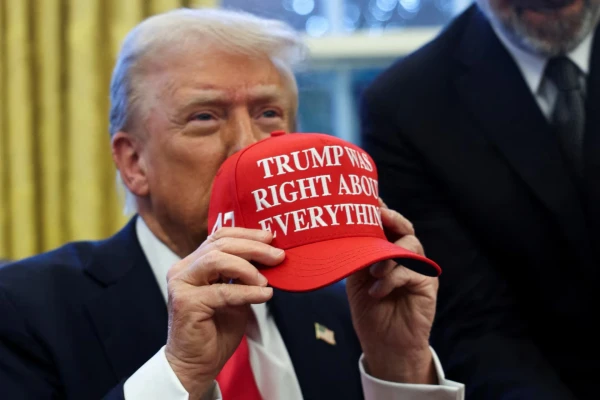
Donald Trump doubts whether to sell Tomahawk missiles to Ukraine but remains optimistic, believing he can reach an agreement to end the war without supplying long-range weapons that Ukraine hopes to receive.
U.S. President Donald Trump stated that he believes he can transfer the momentum from the ceasefire agreement in Gaza between Israel and Hamas to a successful end to the war in Ukraine.
"I think we carry a great momentum, a great authority. It was very important to resolve the situation in the Middle East. No one thought it could be done," Trump said.
"We handled this task quite quickly after we set the table correctly. We had to do the right preparation. I think now everything is ready here as well," he added. "It would be a great honor for me to achieve this."
At the same time, Trump stated that the war in Ukraine should be immediately ended along the front line. In his post on the social network Truth Social, the American president said:
"The meeting with President Volodymyr Zelensky was very interesting and warm, but I told him, as I strongly recommended to President Putin, that it is time to stop the killings and make a DEAL! ... They need to stop where they are. Let both sides win, let History decide! Enough shooting, no more deaths, no more huge and burdensome expenditures."
The U.S. president hopes that his upcoming meeting with Vladimir Putin in Hungary will bring the end of the war closer, although he admits the possibility that the Russian president is trying to buy time.
"Yes," he said when asked if he was concerned that Putin was stalling.
"You know, my whole life the best of them have played with me, and I came out of the game very well," he said.
"I think he wants to make a deal," Trump stated, referring to the Russian leader. The American president previously claimed that both Zelensky and Putin were ready to end the war, but the process was delayed by personal animosity between the heads of the two states.
"I think President Zelensky wants this, and I think President Putin wants this," Trump said. "Now all they need to do is get along a little bit."
Zelensky reiterated his confidence that Putin is "not ready" for peace but added: "I am sure that with your help we can stop this war."
"I think this is the momentum to end Russia's war against Ukraine," he said.
After the meeting at the White House, Zelensky spoke with several strategic partners of Ukraine, including leaders of the "Coalition of the Resolute."
Zelensky noted that he spoke with European Commission President Ursula von der Leyen and European Council President Antonio Costa, as well as NATO Secretary General Mark Rutte, Finnish President Alexander Stubb, and the Prime Ministers of the UK and Italy, Keir Starmer and Giorgia Meloni.
Zelensky acknowledged that the most "sensitive and complicated" issue was the question of Ukraine's territories.
"The Russians really would like to occupy the entire territory. But before a ceasefire, making any arrangements regarding territories and other aspects... I think it is important to take the first step — a ceasefire," Zelensky said. According to the Ukrainian president, Trump understands that "the most difficult issue in any negotiations, in any format, will be territory."
Zelensky called the meeting itself "productive." According to him, they discussed with Trump the supply of long-range weapons, namely — Tomahawk missiles. Zelensky noted that the presidents decided not to make public statements on this topic. "The U.S. does not want escalation," he added.
In Zelensky's opinion, the possible acquisition of Tomahawks by Ukraine causes "fear in Russia because it is powerful weaponry," and Russia is also concerned about the combination of American missiles and the weaponry already possessed by Ukraine.
When asked if he was leaving Washington with optimism regarding the supply of long-range missiles, Zelensky replied that he is a realist. He added that the topic of "Tomahawks" has not been canceled and that "the Ukrainian side must work on this."
American 'Tomahawks' in exchange for Ukrainian drones?
Until ceasefire negotiations begin, the main question for Kyiv is whether Ukraine will receive more weapons from the U.S. The possibility of selling Tomahawk missiles was the main topic of the meeting at the White House on Friday.
"I hope we can end the war without thinking about 'Tomahawks,'" Trump said, adding that the U.S. needs "Tomahawks" and "a lot of other weapons that we are sending to Ukraine."
Zelensky responded that the supply of weapons does not necessarily have to be a one-way street and offered Ukrainian assistance.
"If you want to strike a military target, you need thousands of drones," Zelensky said.
"This goes along with such missiles. The U.S. has Tomahawks and other missiles, very strong missiles, but they can also have our thousands of drones. That’s where we can work together," the Ukrainian president added.
Donald Trump confirmed Washington's interest: "We would be interested in Ukrainian drones. We are building our own drones, but also buying them from others. And they make very good drones."
The possibility of Ukraine receiving Tomahawk missiles has caused concern and aggressive statements from Moscow in recent days.
The Kremlin stated that this raises "extreme concern" in Russia, adding that the war is entering a moment that press secretary Dmitry Peskov called "dramatic in terms of rising tension from all sides."
Before his trip to the U.S., Zelensky stated that the agenda for the trip includes negotiations on the so-called "mega-deal," an agreement for the purchase of American weapons, and the so-called "drone deal" for the sale of Ukrainian-made drones to the U.S.
Initially, the deal was expected to amount to around 77 billion euros.
In June, Ukrainian President Volodymyr Zelensky stated that his country is capable of producing 8 million drones per year but lacks sufficient funding for this.
Upcoming meeting in Hungary
President Donald Trump also stated that the upcoming meeting with Russian leader Vladimir Putin in Budapest (Hungary) will be bilateral, but noted that the U.S. will keep in touch with Volodymyr Zelensky.
Zelensky, explaining why Putin refuses to meet with him, stated that the Russian president hates him.
When asked by reporters, "Do you hate him?" he replied: "They (Russia) are trying to kill us. It would be strange if I had any other attitude towards this person."
Zelensky reiterated that he is ready to meet with Putin in any format and anywhere except Russia and Belarus, noting that currently, the only direct communication with Moscow is between the U.S. and Donald Trump.
Putin agreed to meet with Donald Trump only in August when the leaders of the two countries held a summit in Alaska. Since then, the U.S. president has stated that he may invite Zelensky and Putin to the negotiating table in a bilateral format and that he is ready to join them. However, after the meeting in Alaska, the Kremlin's position has not changed.
Commenting on the upcoming meeting in Hungary, Donald Trump said that "it is a safe country."
"This is a leader we like. We like Viktor Orban. He has been a very good leader in terms of managing his country. He does not have many of the problems that other countries have. I think he will be a very good host."
Earlier this summer, Hungary offered to hold a trilateral meeting between Donald Trump, Volodymyr Zelensky, and Vladimir Putin with the participation of Austria, Switzerland, and the Vatican.
The International Criminal Court (ICC) warrant for Putin's arrest for the abduction of Ukrainian children limits the choice of meeting place, as he risks being arrested in any of the 125 countries that have ratified the Rome Statute and are therefore obliged to arrest the Russian president if he steps on their territory. Hungary is included in this list.
Earlier this year, Hungary became the first EU member to announce its intention to withdraw from the court in response to the arrest warrant for Israeli Prime Minister Benjamin Netanyahu, which Hungary, like the U.S., contested.
However, Hungary's withdrawal will only take effect in June 2026, one year after it submitted its notification. Until then, the country remains bound by obligations to the tribunal.


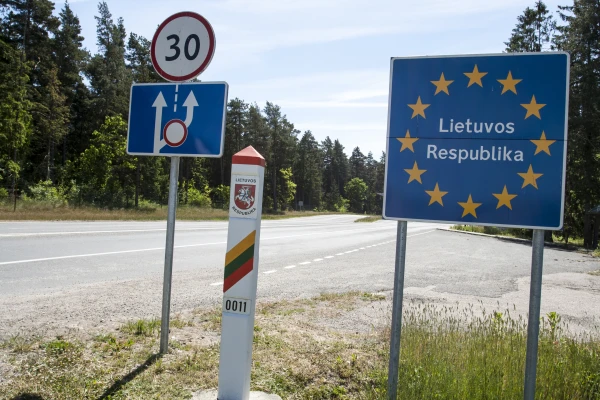
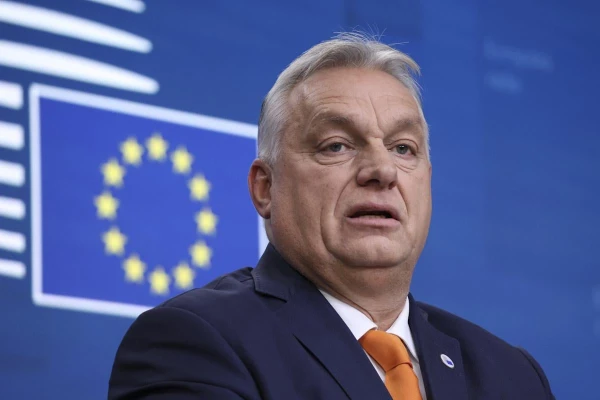
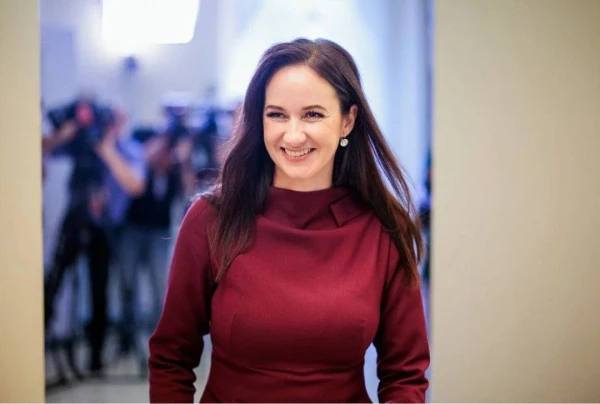
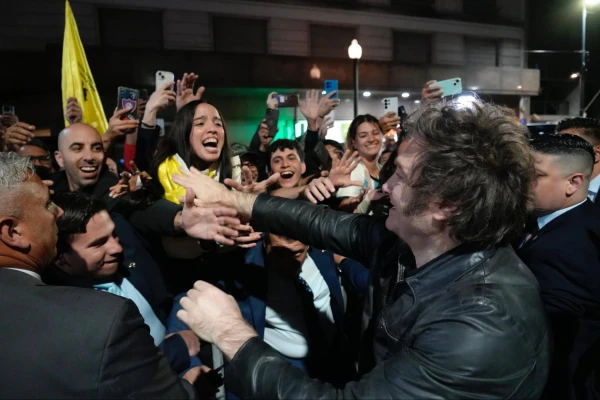
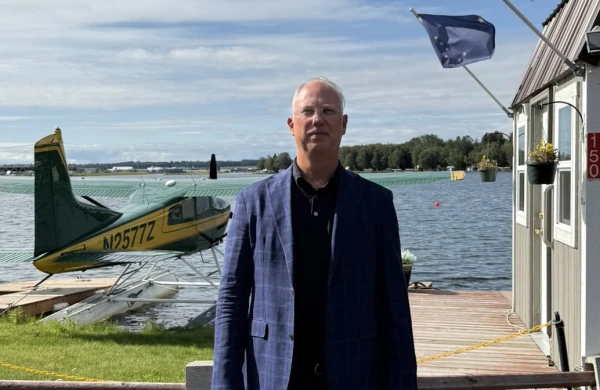
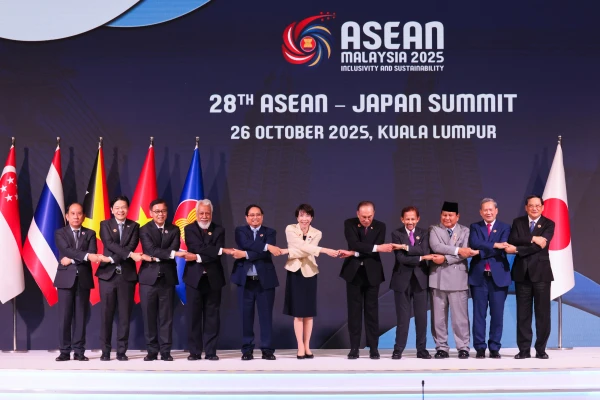
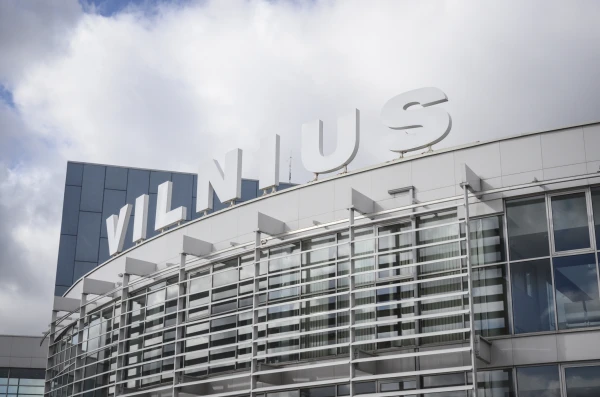
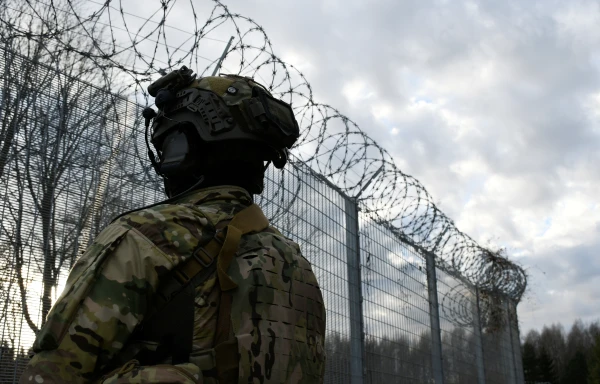
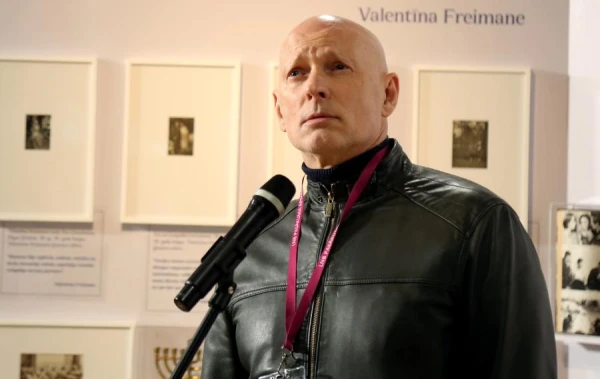
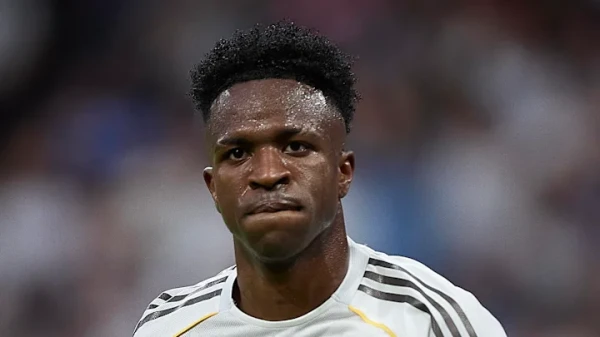
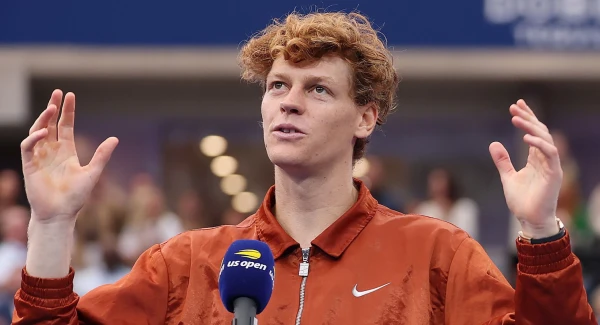


Leave a comment